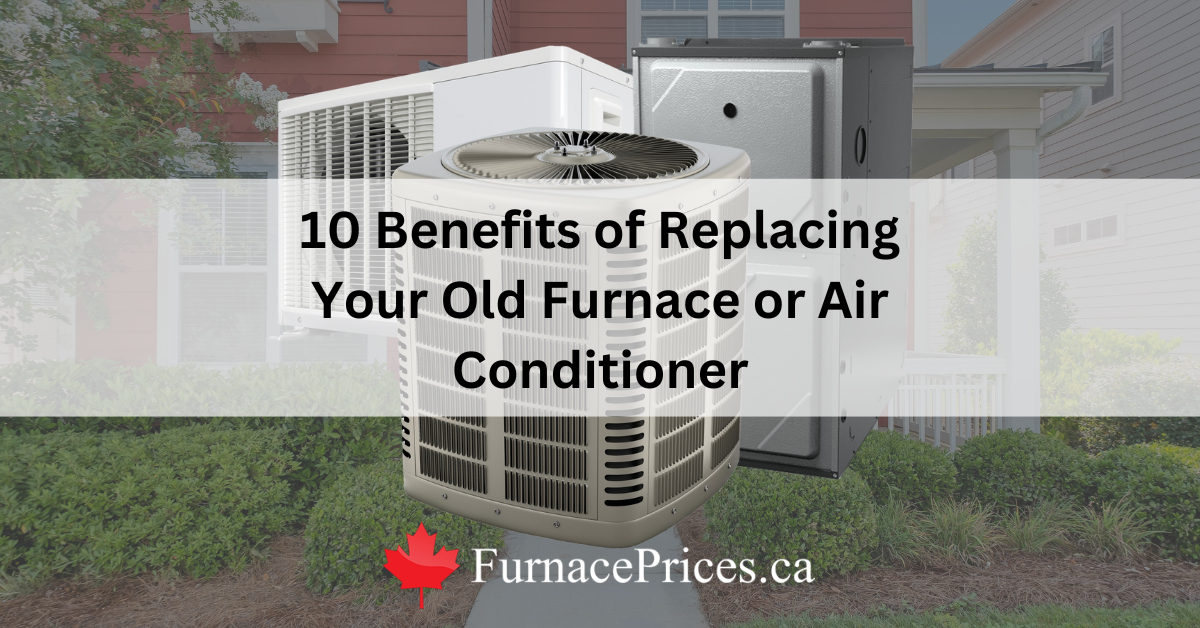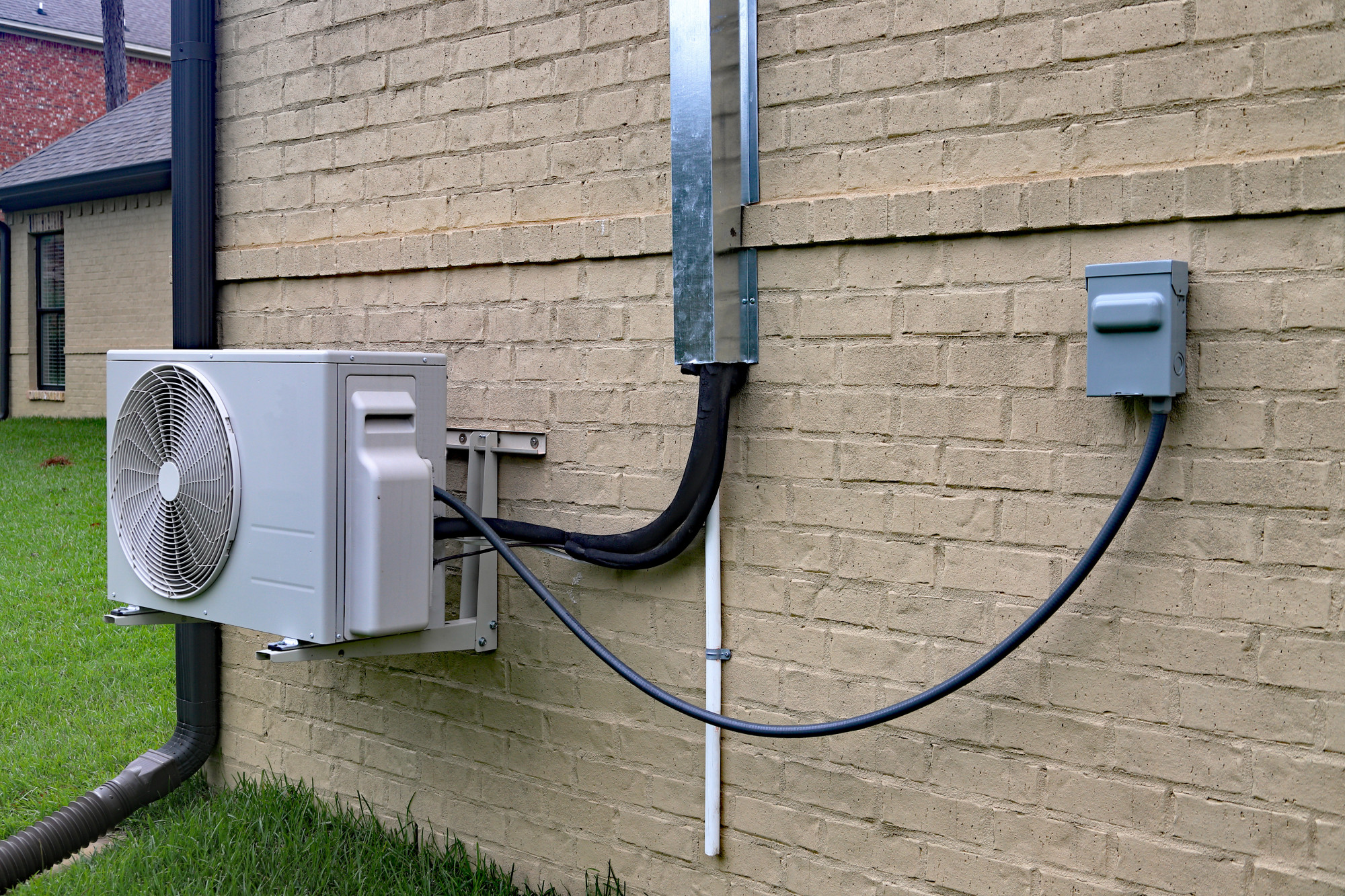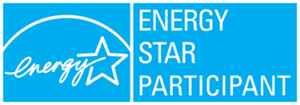Air conditioners can have a bunch of different issues. But you don’t need to know every little part to figure out what’s wrong. You just need to spot the signs and know what to check first. That’s what we’re going to do today.
We’ll walk through the most common Air Conditioner problems one by one. Let’s figure out what’s happening with your system and get you back to cool.
1. Noisy Air Conditioner
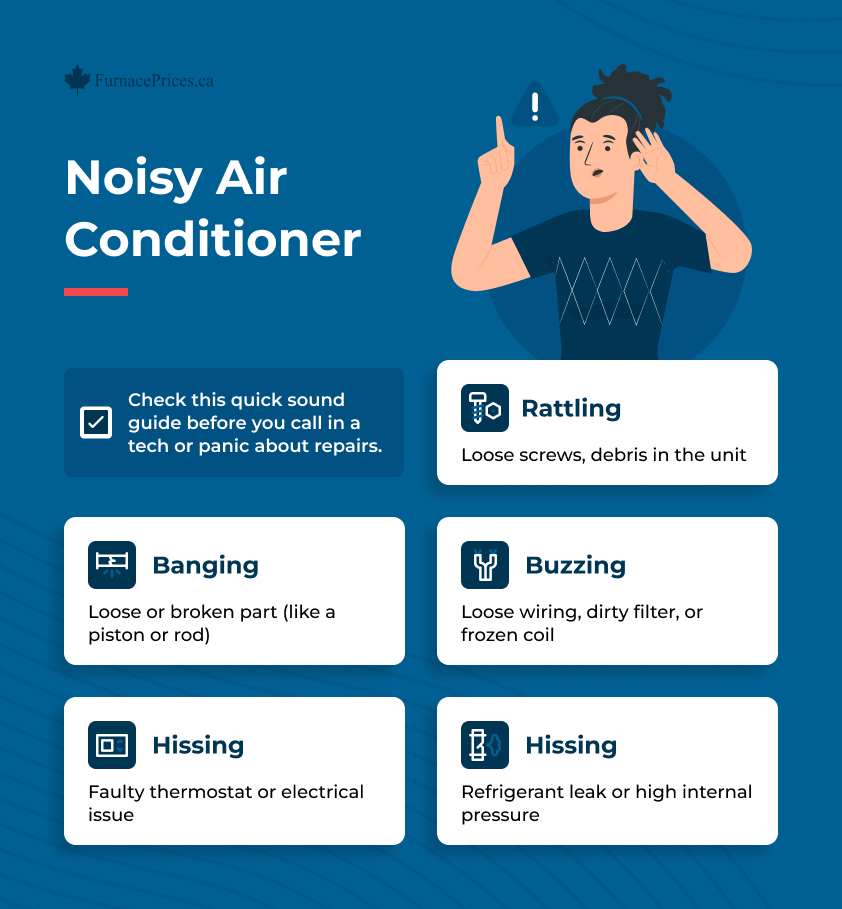
If your air conditioner’s making weird noises, it’s trying to tell you something. Check this quick sound guide before you call in a tech or panic about repairs.
| Sound | Possible Cause |
|---|---|
| Banging | Loose or broken part (like a piston or rod) |
| Buzzing | Loose wiring, dirty filter, or frozen coil |
| Clicking (repeated) | Faulty thermostat or electrical issue |
| Hissing | Refrigerant leak or high internal pressure |
| Rattling | Loose screws, debris in the unit |
How to fix a noisy air conditioner?
Try to localize the noise – is it coming from the indoor furnace/blower, the outdoor condenser, or the ducts? Remove any debris or foreign objects from your outdoor units that might be hitting the fan. Check the fan blades; they should be evenly spaced and not hitting the sides.
If something is rattling, a temporary trick is to pad the area (e.g., a bit of foam under a rattling pipe or between vibrating metal parts) until your technician can make a permanent fix.
2. AC Freezing
Why is my brand-new AC unit freezing up?
Even a brand-new air conditioner can freeze if it’s not set up or running right. Common reasons include low airflow from a dirty filter, low refrigerant, or running the unit too long without breaks. Ice can build up on the coil if your thermostat is set too low or your blower fan isn’t pushing air properly.
Quick fix for AC freezing up
First, turn off the AC and switch the fan to “ON” to help melt the ice. Check your air filter and replace it if it’s dirty. Open all vents and make sure nothing is blocking airflow.
If the unit keeps freezing up after doing all this, it could be a refrigerant issue—and you’ll need a tech to check for leaks or low pressure.
3. AC Not Turning On
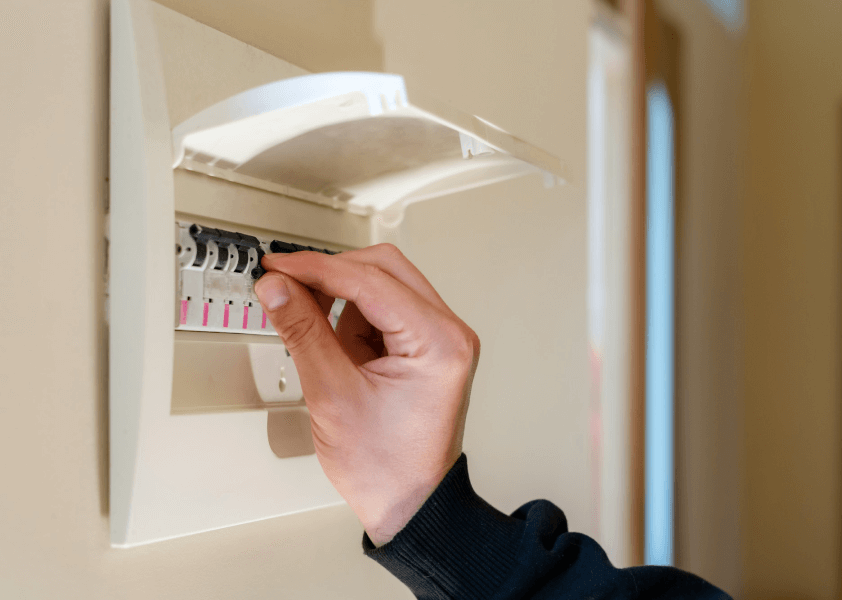
If your AC isn’t turning on, it could be a simple power issue—or something deeper. Common causes include a tripped breaker, a blown fuse, dead thermostat batteries, or a clogged air filter that’s forced the system to shut down for safety.
Solution
Start by checking your circuit breaker and resetting it if it’s tripped. Replace the thermostat batteries if they’re old. Make sure the air filter is clean and the vents are open.
In Canada and across North America, thunderstorms are common in the summer. Consider using a surge protector for your central AC or have an electrician install one to protect the unit’s electronics.
4. AC Fuse Keeps Blowing
Electrical issues like loose or bad wiring and improper fuses can prevent your AC from functioning safely. All AC units should be wired to meet electrical code standards. If the wiring is damaged or sloppy, or a fuse/breaker is the wrong size, you could experience power losses or a fire hazard.
Vibrations from the AC can also loosen electrical terminals over time. A loose wire can arc (spark) and cause the AC to shut off or trip breakers.
Solution
Here are a few quick things you can check or try:
- Replace the air filter. A clogged filter can overwork the system and blow the fuse.
- Check for exposed or damaged wires, as frayed wiring can cause shorts.
- Inspect the capacitor. A failing capacitor pulls too much power and can blow the fuse.
- Clean the condenser coil.
- Check for loose connections inside the disconnect box or panel if you’re comfortable doing so.
Repeated fuse issues often mean a deeper electrical problem that needs expert help.
5. Air Conditioner Not Turning Off
If your AC runs non-stop, the usual causes are a stuck relay, thermostat issues, or poor airflow. A dirty filter, frozen coil, or low refrigerant can also stop the system from cooling properly.
Solution
- Check the thermostat: Make sure it’s set to “AUTO,” not “ON.”
- Replace the air filter: Dirty filters block airflow and affect cooling cycles.
- Inspect the outdoor unit: If the contactor is stuck, the AC won’t shut off.
- Try resetting the system: Turn off the power for a few minutes, then turn it back on.
6. Air Conditioner Lights Are Blinking
Blinking lights on your AC usually mean it’s trying to alert you to a problem. Many brands even use blinking codes to point out specific faults.
Solution
Check the user manual and look up what the blinking pattern means for your model. Call a technician if the lights keep flashing. It could be a sensor or board issue.
7. Air Conditioner is Leaking Refrigerant
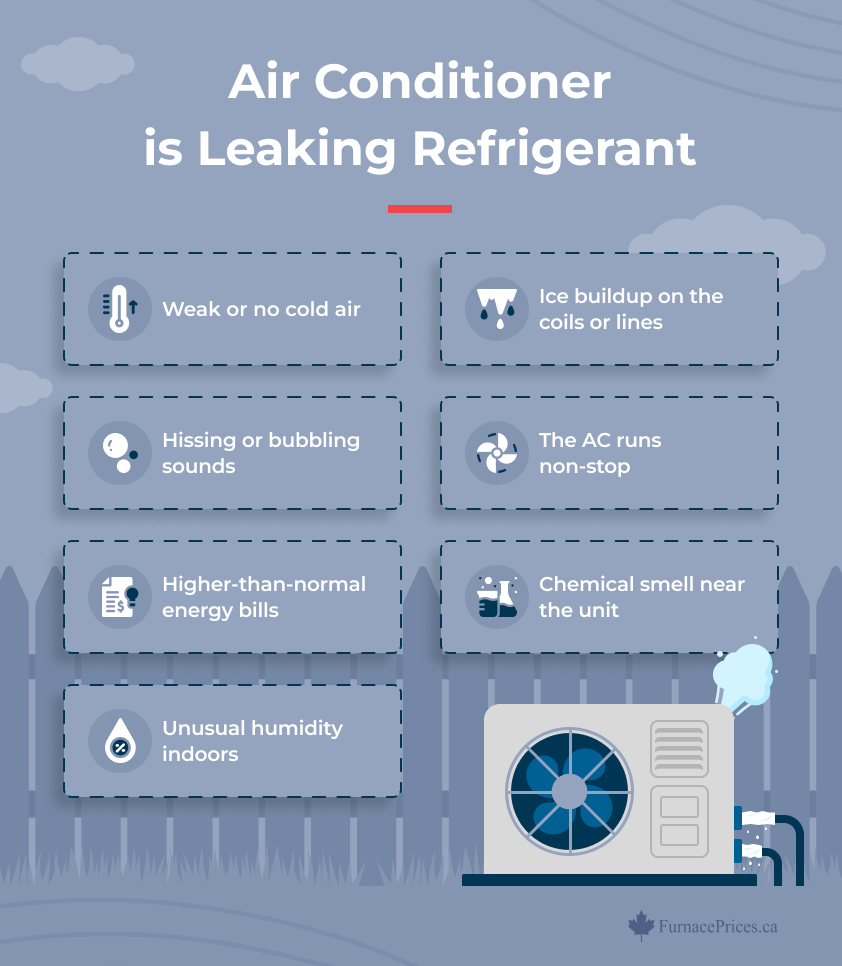
A refrigerant leak means your AC loses its “coolant,” leading to poor cooling performance. It’s also an environmental concern. CFC/HCFC refrigerants, like older R-22, harm the ozone layer, and even newer HFCs contribute to greenhouse gases. That’s why Canadian regulations strictly control refrigerant handling and disposal.
Here are some signs of leaking gas:
- Weak or no cold air
- Ice buildup on the coils or lines
- Hissing or bubbling sounds
- The AC runs non-stop
- Higher-than-normal energy bills
- Unusual humidity indoors
- Chemical smell near the unit
Solution
If you suspect a leak (from the symptoms above), turn off the AC to prevent further strain or compressor damage.
The technician will likely locate the leak (using special detectors or soap bubble solution), repair the section, and then vacuum test and recharge the system with the correct amount of refrigerant. Do not attempt to add refrigerant yourself from DIY kits.
8. Hot Air Blowing Out
Your air conditioner has become a heater – not what you want on a hot day! It’s likely due to low refrigerant, a dirty air filter, or an issue with the outdoor unit. It could also be a thermostat set to “heat” by mistake.
Solution
Set your thermostat to “cool” and lower the temperature. Replace the air filter if it’s dirty, and check that the outdoor unit is running. If it’s still blowing hot, you might need a technician to check for a refrigerant leak or compressor issue.
9. Water Leaking
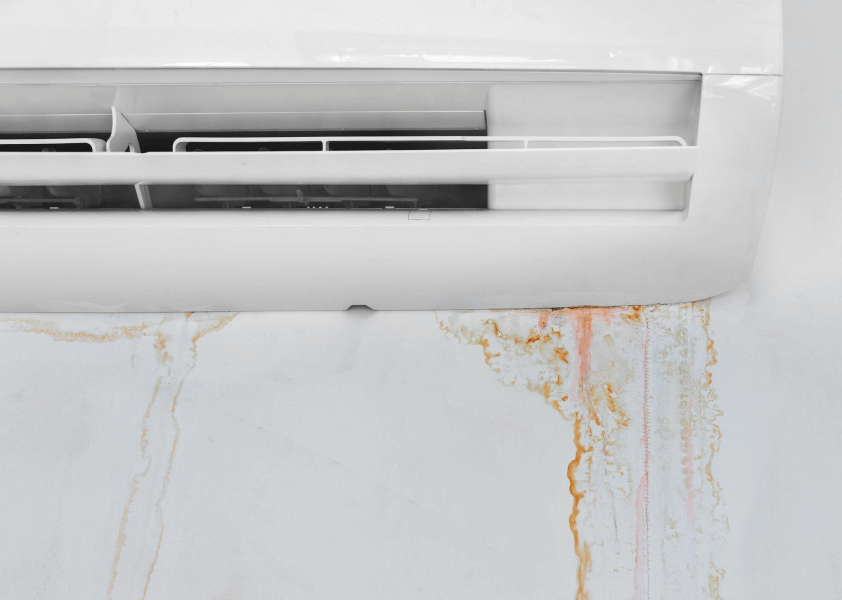
If your AC leaks water outside, that’s usually normal—especially on hot or humid days. It’s just condensation draining away. But if it’s leaking water inside your home, that’s a problem. It could be a clogged drain line, a dirty filter, or a frozen coil starting to thaw.
Solution
If it’s leaking inside, turn off the AC and check the air filter—replace it if it’s dirty. Then, flush the drain line with vinegar or warm water to clear any blockages. Call a pro to check for frozen coils or a damaged drain pan if water keeps showing up indoors.
10. Air Conditioner Smells Bad
Different smells can point to issues, from dirty coils to electrical problems. Here’s a quick smell guide to help you figure it out:
| Smell | Possible Cause |
|---|---|
| Musty / Mouldy | Mould or mildew in drain pan, filter, or ducts |
| Dirty Socks | Bacteria buildup on the evaporator coil |
| Burning | Overheating motor or electrical issue |
| Rotten Eggs | Dead animal in ducts or near the unit |
| Sweet / Chemical | Refrigerant leak (especially R-22 or R-410A) |
| Vinegar-like | Clogged condensate drain or bacteria growth |
| Exhaust Fumes | Leaky refrigerant or oil from compressor |
Solution
Start by turning off your AC and checking the air filter—replace it if it’s dirty or smells bad. Pour a mix of vinegar and warm water down the condensation drain line to clear out bacteria and gunk. The evaporator coil likely needs cleaning if the smell is musty or like dirty socks.
If the smell persists, stop using the unit and call a technician right away.
For more details, check out our guide on air conditioner smells and how to fix them.
Get Quotes
How soon are you looking to buy?*



11. AC Unit Turning On and Off Repeatedly (Short Cycling)
Short cycling happens when your AC turns on and off too quickly without cooling properly. Common causes include a dirty filter, low refrigerant, or a thermostat placed in direct sunlight.
Solution
Change the filter and move anything affecting airflow near the thermostat. A pro should check for low refrigerant or an oversized unit if the issue continues.
12. AC Ducts Leaking
Cooled air travels through ductwork to reach the rooms if you have a central air system. Leaking ducts means gaps, holes, or poor connections in those ducts let cool air escape into unused spaces (like attics, crawl spaces, and walls) before it reaches the living areas.
Many Canadian houses built before the 1990s didn’t pay much attention to duct sealing. If you have an older home, this is worth looking into. According to the US Department of Energy, the average central AC loses up to 30% of its cooling output to duct leaks.
Causes
- Age and wear
- Mechanical damage because of renovations
- Pests (like raccoons or rodents) can tear or dislodge ducts.
- Poor installation
- Pressure Imbalances
Solution
If you can reach duct joints (in an unfinished basement ceiling or attic), you can seal them using foil tape (UL 181-rated) or duct mastic (a gooey sealant brushed on joints). Despite its name, standard cloth “duct tape” is NOT good for duct sealing. It deteriorates with heat/cold. Use the metal foil tape.
Some companies do duct leakage testing and sealing (including technologies like Aeroseal, which seals from the inside using particles).
13. AC Cooling But Not Dehumidifying
Ideally, an air conditioner also dehumidifies as it cools (water condenses on the evaporator coil). If your indoor humidity stays high (above ~50-60% RH) even when the AC runs, it’s not effectively removing moisture.
Summer humidity is a big part of comfort in places like Southern Ontario or the Maritimes, so this is an important function.
Causes
Here are some simple reasons why this could be happening:
- Oversized AC unit cools too fast without removing humidity
- AC running in short bursts or cycling too often
- Dirty evaporator coils blocking moisture absorption
- Fan speed set too high, not giving enough time to dehumidify
- Poor airflow from clogged filters or blocked vents
- Low refrigerant levels reducing cooling and moisture removal
- AC set to “fan only” or wrong mode on thermostat
Solution
Set your AC to “cool” mode with the fan on “auto” instead of “on” to allow proper dehumidification. Replace the air filter and lower the fan speed if your unit allows it. If the problem continues, have a technician check the refrigerant level and the coil condition.
14. Uneven Cooling in Different Rooms
A prevalent complaint in Canadian suburbia: “upstairs is too hot, basement is too cold.” You set 24°C on the thermostat, but one bedroom stays at 27°C while the living room is 23°C.
Cause
If some rooms are cooler than others, it’s usually due to poor airflow, blocked vents, leaky ducts, or bad insulation.
Solution
Make sure all vents are open and not blocked by furniture. Replace the air filter and use ceiling fans to help move air. For long-term balance, consider zoning systems or getting ducts inspected for leaks.
15. Air Conditioner Takes Too Long to Cool
If your AC is running but taking ages to decrease the temperature, it usually works harder than it should. There can be a variety of reasons for that. The unit is too small for your home, has a clogged air filter, or has dirty coils. It might also struggle on extremely hot days or if your home has poor insulation, leaky ducts, or too many open windows letting cool air escape.
Solution
Replace the air filter and close all windows and doors. Shade your outdoor unit if it’s in direct sun, and make sure nothing’s blocking vents indoors. If it’s still slow, have a tech check for refrigerant issues or coil buildup.
16. AC Bill So High
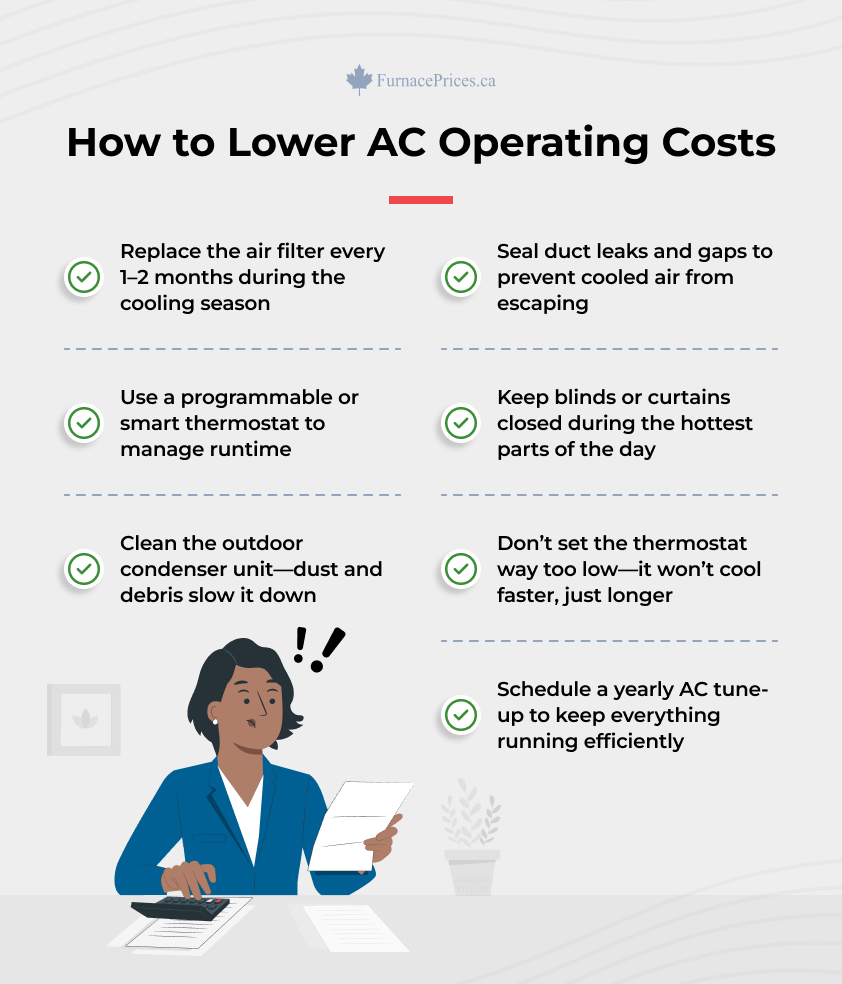
Your AC bill shoots up because your system is running longer and harder than it should. This often happens because of poor airflow, dirty components, or leaky ducts, forcing the unit to use more power to keep things cool.
Here’s what you can do about it:
- Replace the air filter every 1–2 months during the cooling season
- Seal duct leaks and gaps to prevent cooled air from escaping
- Use a programmable or smart thermostat to manage runtime
- Keep blinds or curtains closed during the hottest parts of the day
- Clean the outdoor condenser unit—dust and debris slow it down
- Schedule a yearly AC tune-up to keep everything running efficiently
- Don’t set the thermostat way too low—it won’t cool faster, just longer
Read more: How to Save Money on Air Conditioning Costs.
Keep Your AC in Top Shape—Call a Trusted Local Contractor
Even the best air conditioners need a little help to run at their best. It’s not about doing anything wrong—it’s just that most AC systems benefit from a simple tune-up before peak season.
A quick check by a qualified technician can improve performance, lower your bills, and help your system last longer.
FurnacePrices.ca makes it easy to connect with Canada’s top 1% HVAC contractors—fully vetted and trusted. Compare free quotes and find a pro who’ll keep your home comfortable and your AC running like it should. Get your free quote now!
Get Quotes
How soon are you looking to buy?*





